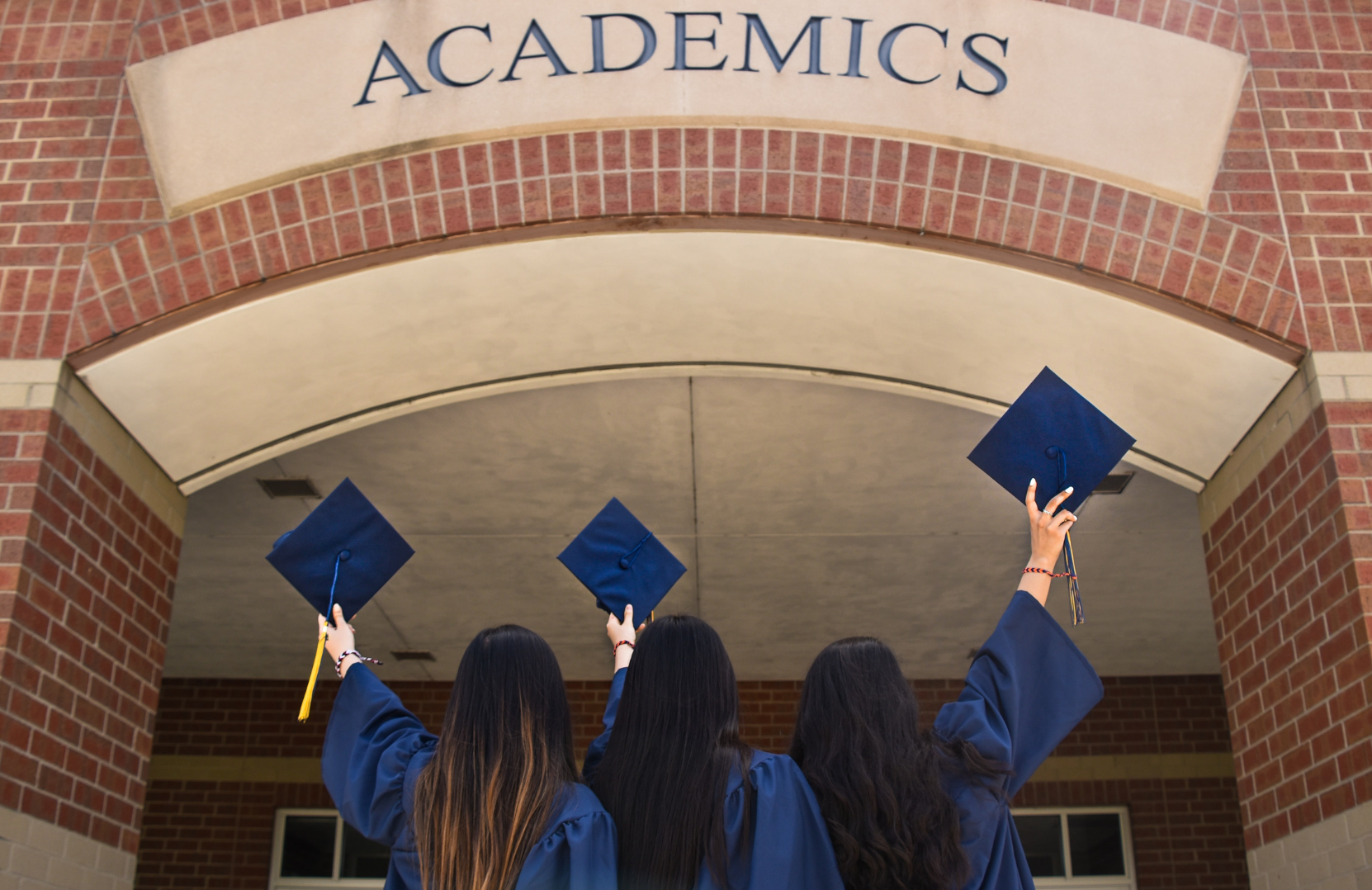The cost of education continues to inflate. After back-and-forth consultations and discussions with SAMU, the Board of Governors at MacEwan University has approved a 5.5 per cent increase in domestic tuition fees for the 2023 to 2024 academic year. The university says this increase is to help offset the current rates of inflation that skyrocketed through 2021 and 2022 and to fund the university’s commitments to invest in faculty, technology, mental health services and student awards. The increase matches the hike that other post-secondary institutions like the University of Alberta and the University of Calgary have implemented, which falls under the amount allowed for 2023 by the province’s Post-Secondary Act.
Students have seen a barrage of consecutive tuition hikes since the United Conservative Party (UCP) government broke the New Democratic Party’s (NDP) tuition freeze that halted any tuition hikes for four years. Since 2020, MacEwan has had an increase of almost 21 per cent in tuition fees, and during those years, the increases in student awards also slowed down significantly. Compounded with the weight of the pandemic, rising inflation and cost of living, the current cost of education has left students across the province outraged at the decisions being made.
The University of Calgary saw protests erupt across the campus after an increase was approved. Hundreds of students (some dressed in chicken costumes) shouted their grievances about being roasted by tuition hikes, many feeling that the student body had not been properly consulted. Graduate students from the University of Alberta have also publicly urged their institution to reconsider the hike, describing it as “unbelievably cruel.” It is unclear how students at MacEwan will respond to the decision, but the executive administration says they have taken a prudent approach to the issue.
We have to look at what is sustainable for the institution,” says MacEwan’s vice-president of finance and administration and CFO, Maureen Lomas. “We aren’t allowed to run a deficit.” Lomas says that MacEwan couldn’t anticipate the current rates of inflation and that the cost of living has a direct impact on the university’s expenses. But where other post-secondary institutions have raised costs, MacEwan hasn’t, as fees for residence and other mandatory non-
instructional fees will remain unchanged in 2023. In addition to helping with affordability, the university will be increasing the amount of money awarded from scholarships and bursaries by 37 per cent, bringing the amount given out in awards to nearly $8 million. “We really felt that this was a prudent approach in acknowledging the cost of inflation while noting increasing fees in other areas,” says Lomas. But while the administration juggles these numbers, some students are still feeling left in the dark about the rising cost.
“I think that the university could better communicate that there is an increase,” says Alem Tesfay, a third-year bachelor of commerce student. “I feel like the university doesn’t communicate that; it’s just up to the students to find out there is an increase, and then they have to deal with it.” Tesfay also says that he
receives the low-income grant for students offered by the province, and he’s concerned about it being reduced from when it doubled during the pandemic. Many students who have been reliant on this grant might be facing a significant decrease in their funding. While Premier Danielle Smith has mentioned
the possibility of affordability payments for students, there is currently no clear plan in sight from the province.





0 Comments